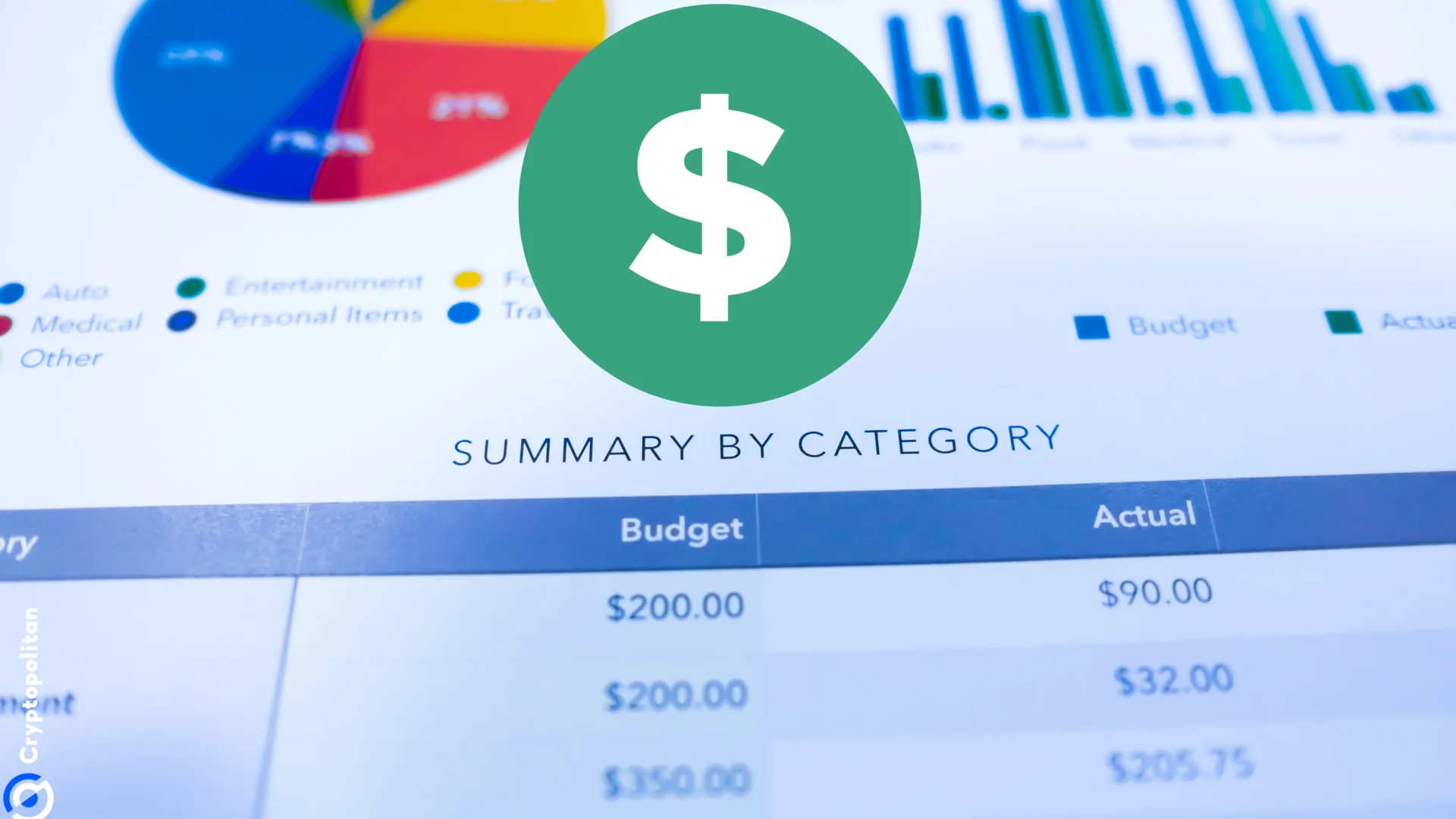This week is packed with major economic events that will undoubtedly influence global markets. Oil, retail, housing, and manufacturing data are all on deck, with many companies reporting earnings and 11 Federal Reserve officials giving speeches.
It’s a busy week for those tracking the pulse of the economy. Here’s a breakdown of what’s coming and why it matters, with an eye on the numbers and market implications.
OPEC monthly report and Fed speaker event
Kicking off the week is OPEC’s monthly report. Oil markets are always watching closely, and this one’s no different.
Last month, OPEC noted a small increase in global oil demand, with prices sitting near $90 per barrel. Investors are curious about whether OPEC will revise production targets.
If global economic conditions show weaker demand, we could see production cuts. That could push prices up further, especially given the geopolitical tensions affecting supply.
OPEC’s report will also shed light on future oil price trends. For crypto investors, this matters more than you might think.
Higher oil prices usually increase inflationary pressures, which in turn might drive more people to seek inflation hedges like Bitcoin. Though the market has gotten seriously unpredictable this year.
Throughout the week, 11 Federal Reserve officials are speaking, including Chair Jerome Powell. Key points to listen for include any signals on how long rates will stay elevated and what officials think about inflation trends.
Retail sales and Philly Fed manufacturing data
Retail sales data for September will drop on Thursday. Last month, retail sales rose by 0.6%, suggesting that U.S. consumers still have money to spend despite inflation eating into their wallets.
Economists are predicting a more modest 0.3% increase for September, driven mainly by back-to-school shopping and a bump in online sales.
Retail sales are a major part of the U.S. GDP. So, if this number misses expectations, you can expect Wall Street to react.
Strong retail sales are generally good news for companies like Amazon and Target, which could see their stocks rise on good data.
On the other hand, a weaker-than-expected report might pull down retail and consumer discretionary stocks.
For crypto enthusiasts, the retail sales report gives an insight into how confident consumers are. A healthy economy means people have more discretionary income, which can find its way into crypto. If the report is weak, expect investors to start pulling out of their positions.
Also dropping Thursday is the Philly Fed Manufacturing Index. In September, the index showed some improvement, rising to 1.7 after a dismal -7 the month before.
Analysts are looking for it to climb higher, maybe to 3.0. This would mean a further rebound in manufacturing activity in the place.
Manufacturing is a bellwether for the overall economy. A strong report can lift sentiment across multiple sectors. For stocks, this could mean a bump for companies like Caterpillar or General Electric.
For crypto? If manufacturing shows strength, it could point to an expanding economy, which might drive more speculative investing.
September Housing Starts data plus S&P 500 earnings reports
On Friday, we get September’s housing starts data. Housing is a critical piece of the economic puzzle because it reflects both consumer confidence and general economic health.
Last month, they were reported at 1.45 million units, a sign that the sector is holding steady despite rising mortgage rates. Analysts expect a slight dip this month, projecting 1.42 million units.
Housing data can be a real market mover, especially for real estate stocks. Builders and suppliers are sensitive to shifts in demand for new homes, so a weak housing report could hit those sectors.
But if housing surprises to the upside, expect a relief rally, particularly in homebuilder stocks. Approximately 10% of S&P 500 companies are set to report earnings this week too.
This includes some big names like Apple, Bank of America, and Coca-Cola. Investors will be watching these reports closely for signs of how inflation and rising costs are affecting the bottom line.
The overall expectation is for a 5% year-over-year growth in earnings. But not all sectors are faring equally.
While tech and finance may see some strength, other industries like retail and industrials could lag due to ongoing supply chain disruptions and inflationary pressures.
For stocks, earnings can drive huge swings, so expect volatility in the market. And crypto, of course, would do the same since Bitcoin remains stubbornly correlated to stocks.





